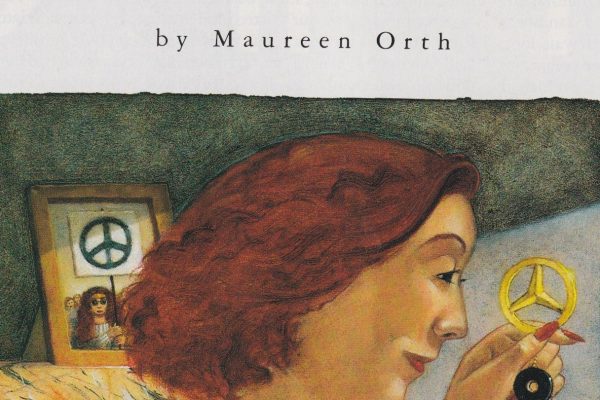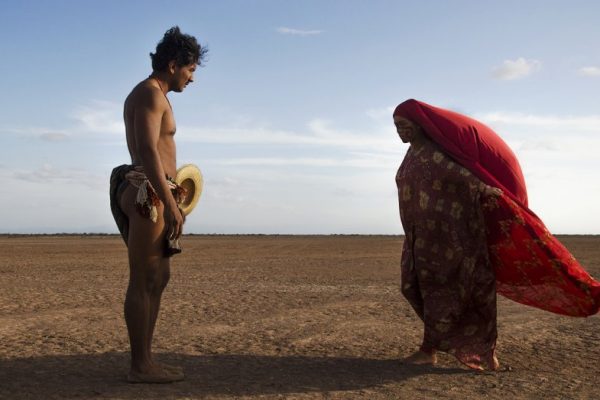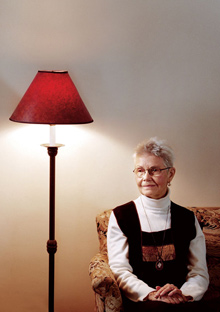Original Publication: Newsweek – May 27, 1977
When he was 4 years old, George Benson heard his first live band. It was playing for a Fourth of July amateur contest on a corner in the Pittsburg ghetto where he was born, and the music so excited him that he broke away from his mother and clambered up on the stage, where he was asked if he could sing. “Yes,” replied Little Georgie – whereupon he promptly belted out Ivory Joe Hunter’s “I Need You So,” for which he won first place and a prize of $7. By the time he was 8, he was playing his ukulele and singing on street corners for up to $40 a night. When he was 9, he acquired his first guitar — carved by his stepfather out of wood from his mother’s oak chest. Since then, Benson, 34 has grown up to be considered the premier jazz guitarist of his generation. But it wasn’t until eighteen months ago, when he turned away from jazz to embrace a more mellow, sweeter rhythm-and-blues sound, that he hit the big time.
This year, Benson has won three Grammys and his two Warner Bros. LP’s “Breezin” and “In Flight,” have sold nearly 3 milions copies. Today, he sings as much as he picks — in a voice that often resembles Stevie Wonder’s — and he still plays a mean guitar. But in the serious world of jazz, Benson’s pop success is viewed with scorn. Jazz buffs charge, with some justice, that his music has become saccharine and bland. In their view he has sold out. But Benson couldn’t care less and recently he put all of his freewheeling taste and talent on display in an exciting four-day series of converts in New York billed as “Benson X 4.”
At the Metropolitan Museum of Art, he teamed up with guitar greats Les Paul, Gabor Szabo and Bucky Pizzarelli to jam in what ended up a flying-fingers contest. The next night at the Palladium, his band – which includes a former David Bowie drummer and a synthesizer player – was hot on everything from Nat King Cole’s “Nature Boy” to the Dave Brubeck Quartet’s “Take Five.” Then Benson moved to Lincoln Center, where he impressively scat-sang along with his guitar while the Dance Theater of Harlem performed everything from classical ballet to get-down-funky steps choreographed to Benson’s music. The show stopper was a romantic pas de deux to the theme song of “The Greatest,” the movie of Muhammad Ali’s life, for which Benson performed two numbers.
All-Jazz Gig: For the final night at Lincoln Center, Benson brought together a top group of contemporary jazzmen – Alphonso Johnson, Harvey Mason, Joe Sample, Ralph MacDonald and Grover Washington, Jr. He played brilliantly in his favorite environment, an all-jazz gig. “In all the years I’ve been playing,” he says, “I’ve never really gotten to play just jazz –- even in so called jazz clubs. People were always needling me to play soul or funk or the latest Al Green song and they still do.”
If Benson’s music is sweet today, so is his success. “My mother worked at a hospital and brought home $35 every two weeks,” he explains. “My stepfather put his guitar in the pawnshop because we didn’t have any electricity to plug it in. There were times we didn’t have enough to eat. Today I’ll give my little sister anything she wants because I can never forget the day she asked me for something to eat and I had nothing to give her.” With a wife and four sons from two marriages to support, he spent most of his adult career playing in Harlem clubs and behind go-go girls, paying his sidemen $110 a week while keeping $90 for himself. In 1966, John Hammond of Columbia Records gave him a recording contract, but not until he signed with Warner Bros. several labels later did he get involved in the final mixes of his material.
Next year, at the height of his career, Benson plans to go into semiretirement. “I’ll spend two months working,” he says, “and devote the rest to my family, the Jehovah’s witnesses and just plain living. I see the light now,” says Benson. “Before, it was just a pinhole in a black sky. Now it’s as big as the sun. Once you start generating money in this system, people pay attention to you. Before this, I couldn’t get nobody to listen to me. Now they’re all ears.”
This article is typed from the original material. Please excuse any errors that have escaped final proofreading.




